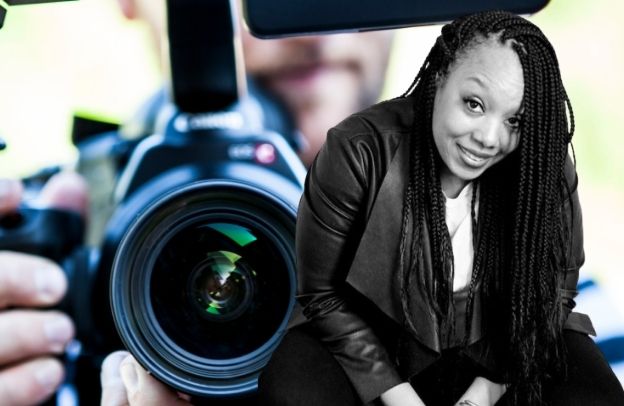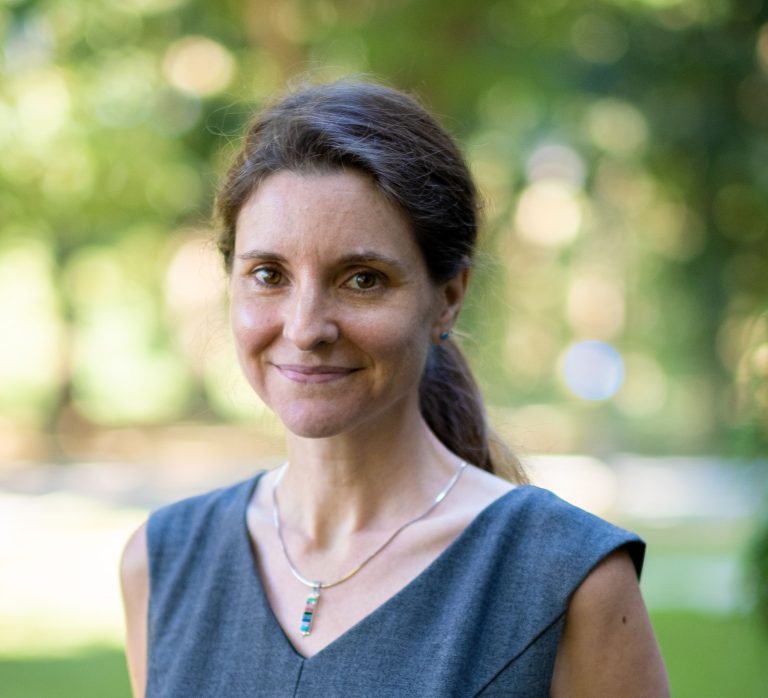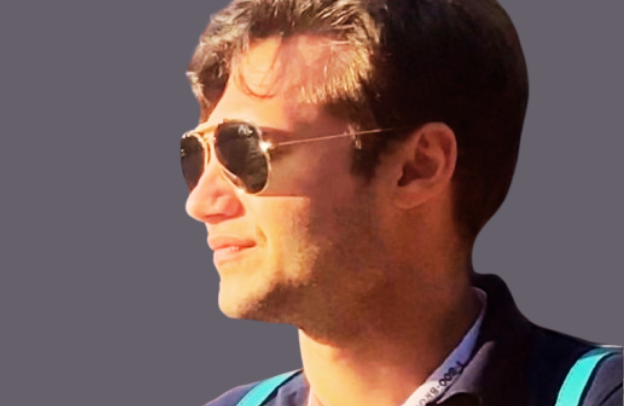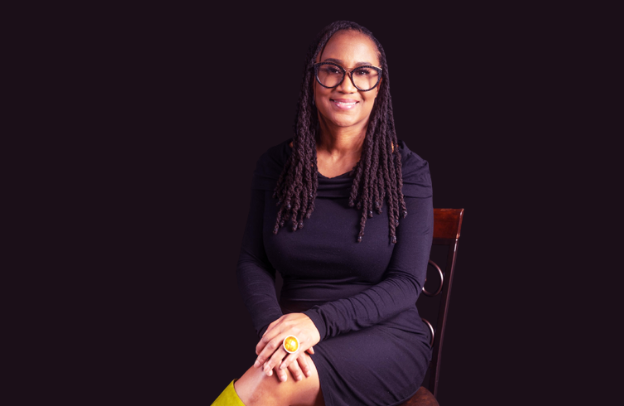From the Frontlines: Dr. Hayford’s Vision for Better Healthcare in Ghana | The Obehi Podcast
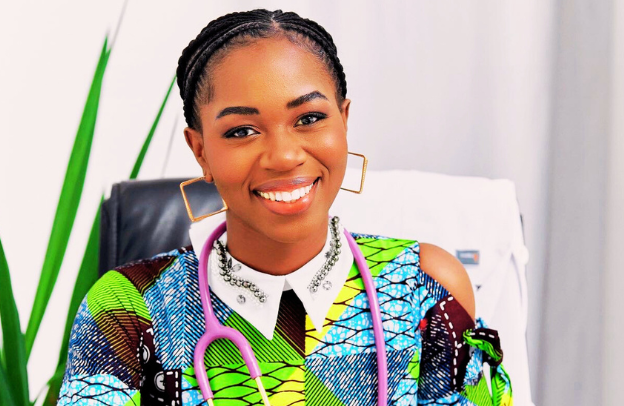
For many bright students across Africa, the path forward seems pre-written: become a doctor. For Dr. Benedicta Adwoa Hayford, this expectation was no different. Yet, her journey was nearly stopped by a common fear, the sight of blood. What turns a childhood dream, fraught with fear, into a life dedicated to healing and community impact?
Learn How to Leverage Your Story through our Story To Asset Framework.
In a heartfelt conversation on The Obehi Podcast, Dr. Hayford, a medical doctor and President of the RTC Foundation, shares the powerful story behind her career in Ghana’s healthcare system.
See the full podcast interview with Dr. Benedicta Adwoa Hayford
It’s true proof of resilience, the power of connection, and how one can transform personal pain into a lasting life and legacy. Her journey teaches us that to truly make an impact, you must first own your story, fears and all.
Overcoming Fear and Finding a Calling
Like many aspiring doctors, Dr. Hayford’s ambition started early. However, a significant obstacle stood in her way. “I was really afraid of the sight of blood,” she recalls. “I was disgusted by it, and I used to cringe a lot.”
When she shared this fear with her father, he offered simple yet profound advice that would shape her future: “Don’t worry about it. When it’s time for you to become a medical doctor, you wouldn’t even have to think about it.”
He was right. By the time she had to choose her university courses, the fear had faded, replaced by a deep fascination with the human body. Interestingly, her passion wasn’t immediate.
In high school, she preferred clear mechanics of physics to the complexities of biology, partly thanks to an inspiring physics teacher. But as she delved deeper, she became “so intrigued by the human anatomy” that she knew medicine was her true calling. This smooth transition, she believes, was a sign she was on the right path, a journey “from roots to relevance.”
See also Owning Our Stories and Personal Experiences: A Journey of Resilience and Transformation
The Crucible of Medical School: The Power of Collaboration
Getting into medical school in Ghana is fiercely competitive, requiring top grades and passing rigorous entrance exams and interviews. But the real challenge began once she was inside.
Dr. Hayford explains that medical school isn’t difficult because the concepts are complex, but because of the sheer volume of information. “The only challenge is the bulk of the syllabus that you have a lot to learn,” she notes.
Her most challenging period was during her clinical years, the final three years of her six-year program. This is when students move from theory to practice, interacting with patients and consultants on the wards.
The pressure was immense. Students had to perform examinations in front of senior doctors, some of whom could be harsh in their feedback. It was a trial by fire that taught resilience.
More importantly, it taught her the indispensable value of community. “I learned the value of teamwork and collaborations,” Dr. Hayford emphasizes. “It’s never easy for you to do medical school alone. It’s never easy for you to excel on your own.”
She and her colleagues would practice on each other, acting as patients to hone their skills. This spirit of collaboration became a foundational principle in her approach to medicine and life.
Beyond the Symptoms: A Holistic View of Healing
As a medical student, Dr. Hayford learned to see the human body not as a collection of separate parts, but as a deeply interconnected system. This holistic perspective is central to modern medicine. She explains that a symptom in one part of the body, like the hand, could originate from a problem in the brain, as seen in stroke patients.
See also Activism And Resilience in African American Society: Lessons From Wendell Pierce’s Journey
This interconnectedness extends beyond the physical body. A patient’s health is influenced by their environment, their social conditions, and their mental well-being. Treating malaria, for example, isn’t just about prescribing antimalarials.
It involves addressing the patient’s living conditions, such as ensuring they sleep under a mosquito net. “You look at the body in its entirety,” she says. This approach, which considers the whole person, is critical for effective healing and demonstrates a profound understanding of human connection.
Turning Pain into Purpose: The RTC Foundation
Dr. Hayford’s most impactful work was born from immense pain. During medical school, she and her classmates tragically lost three of their colleagues. This devastating loss inspired them to create a legacy that would honor their friends and serve the wider community.
“Our class president brought a vision that we should have a foundation in honor of them and to also help our society,” she shares. This led to the creation of the RTC Foundation, an organization dedicated to alleviating the burden caused by cancer, road traffic accidents, and neurological diseases.
The foundation achieves its mission through public health education, research, and social impact projects. It’s a powerful example of how a personal story, even one marked by grief, can be transformed into a powerful asset for positive change.
By channeling their pain into purpose, Dr. Hayford and her colleagues are building a legacy that saves lives and strengthens their community.
Dr. Hayford’s journey is a powerful reminder that our paths are rarely straight. They are shaped by our fears, our mentors, our collaborations, and our losses. By owning every part of her story, she has not only built a successful medical career but has also created a vehicle for lasting social impact.
To hear more from incredible professionals like Dr. Benedicta Adwoa Hayford, listen to the full interview on The Obehi Podcast. Discover over 1,000 other interviews and explore more than 2,000 articles that will inspire you to own your story and build your legacy at AClasses Academy.
